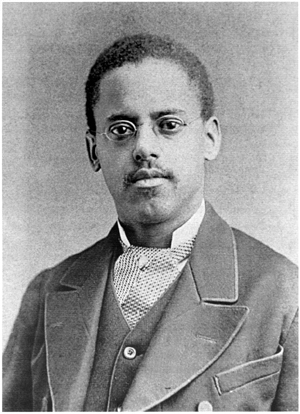As Black History Month comes to a close, we are sharing a round up of mini-biographies of influential Black change-makers you may not have heard of before.
If you’re asking yourself why we need a month to specifically recognize Black history, here’s a great answer we heard from Medway Marches earlier this month: “when we learn about history throughout the year and our lives, it is from a white perspective. Black people have systematically and purposefully not been written about, recognized, or compensated for their contributions and have not benefited from their crucial roles in American history. During Black History Month we pause to remember those forgotten trail blazers.
Below we honor a small handful of them. Read on and share more stories of Black innovators, inventors, and revolutionaries in the comments.
Valerie Thomas
Born February 8, 1943
American data scientist, Valerie L. Thomas, was responsible for developing the digital media formats that image processing systems used in the early years of NASA’s Landsat program. One technology she invented and patented, the illusion transmitter, is still used by NASA and is being adapted for use in surgery, as well as for televisions and video screens
Titus Cornelius, Colonel Tye
1753 – 1780
Escaping slavery at a young age, ‘Colonel Tye’ became an extremely effective guerilla commander, fighting for the British during the Revolutionary War. Nobody could stop his Black Brigade – and they didn’t just raid Patriot targets, they also freed many slaves.
- Learn more: How we became America: the untold story
- Watch: Colonel Tye: Scourge of Patriots


Edwina “Curlie” Justus
Born July 11, 1943
- Learn more: For Justus, Steel Determination
- Watch: Nebraska Stories: Edwina Justus
Crispus Attucks
c. 1723 – March 5, 1770
Crispus Attucks, a sailor of mixed African and Indigenous ancestry, died in Boston on March 5, 1770 after British soldiers fired two musket balls into his chest. His death and that of four other men at the hands of the 29th Regiment became known as the Boston Massacre. Death instantly transformed Attucks from an anonymous sailor into a martyr for a burgeoning revolutionary cause.


Mary Beatrice Davidson Kenner
May 17, 1912 – January 13, 2006
Mary Kenner holds the most patents of any African American woman to date. This brilliant woman invented numerous products we rely on today, including the sanitary napkin. This invention was initially rejected because of racial discrimination but 30 years later (in 1956) it was accepted. She also co-invented the bathroom tissue holder with her sister, Mildred Davidson Austin Smith.
Lewis Howard Latimer
September 4, 1848 – December 11, 1928
Though Thomas Edison is recognized as the inventor of the light bulb, African-American inventor (and Chelsea, MA native) Lewis Latimer played an important role in its development. In 1881, Latimer patented a method for making carbon filaments, allowing light bulbs to burn for hours instead of minutes.


